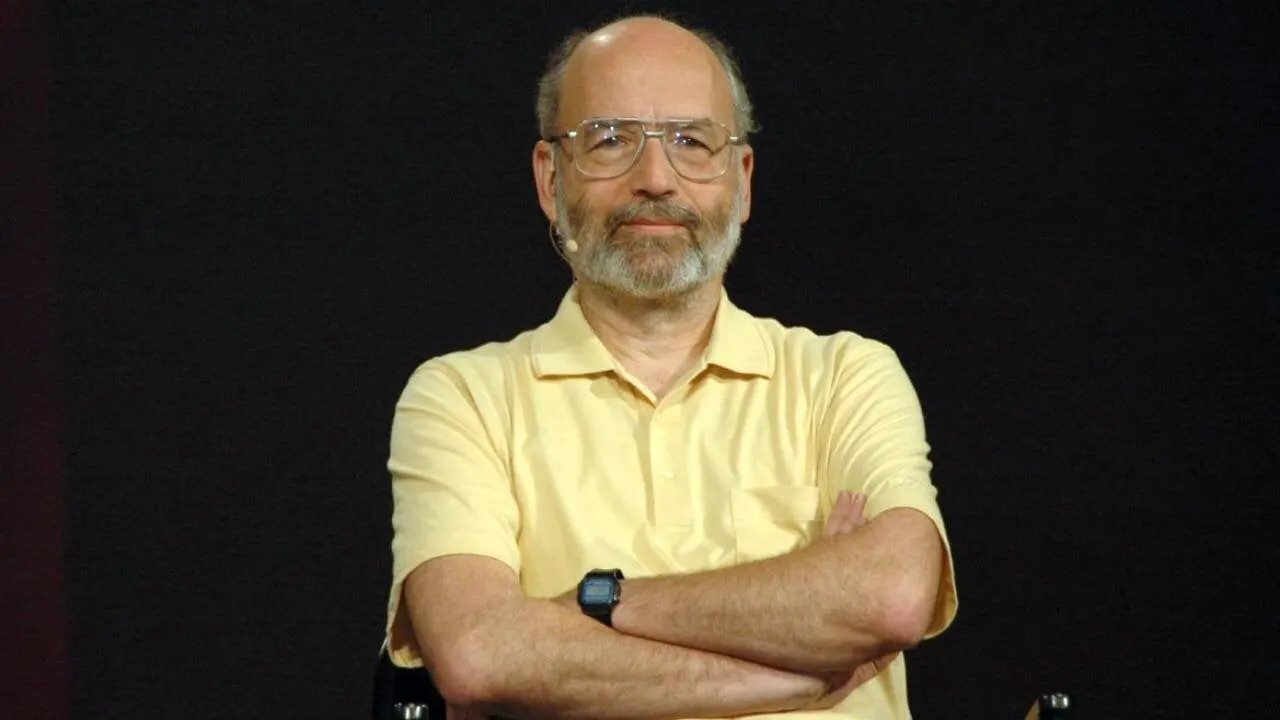In brief
- Cryptography pioneer Adi Shamir criticized cryptocurrencies at a global security conference.
- Shamir believes crypto has centralized in exchanges and enabled malware.
- He remains hopeful about blockchain applications.
Cryptocurrencies have failed to deliver on their promises, cryptography pioneer Adi Shamir suggested at the RSA Conference in San Francisco, California, on Tuesday.
"My personal opinion is that the world would have been better without cryptocurrencies," he told attendees of an expert panel at the conference, per an initial report by The Register.
Shamir, co-inventor of the RSA encryption algorithm, was unequivocal about his position. While praising Satoshi Nakamoto's seminal whitepaper on Bitcoin as pushing a "very lofty" ideal, he believes cryptocurrencies are far from achieving decentralization.
"Everything is highly centralized in a small number of very large exchanges," the cryptographic legend said, adding that, "No one is using it in order to make payments; people are using it once in order to speculate."
Shamir went on to criticize how cryptocurrencies have "enabled all the malware," adding that it "would have been very difficult to extract so much money from companies" without it.
Ed Felten, Professor Emeritus of computer science at Princeton University, also sat on the panel.
Replying to Shamir, Felten posed a more level-headed view, saying it'd be "foolish" to "defend every cryptocurrency in the world or everybody who's in that space."
Felten, who is also co-founder and chief scientist at Offchain Labs, the company behind Ethereum layer-2 network Arbitrum, pointed out how crypto can still be of value.
"It reminds me of the early internet," Felten said. "There are a lot of people doing silly things, some people doing dangerous and criminal things, but there's a lot of people building interesting things."
To this, Shamir replied he believes blockchain technology, crypto's underlying framework, "might still have great applications."
A cryptography pioneer
In 1977, Shamir, alongside his co-inventors Ron Rivest and Leonard Adleman, developed the RSA encryption algorithm.
It was a groundbreaking public-key cryptosystem that enabled secure digital communication without requiring any two parties to share a secret key in advance.
In 2002, the trio won the Turing Award, widely regarded as the highest distinction in computer science.
Shamir's early contributions paved the way for many tools in common use today: secure web browsing, digital signatures, encrypted email, VPNs, and even software licenses.
His cryptographic innovations have also become essential to cryptocurrency security. Shamir's Secret Sharing (SSS), a technique he developed in 1979, found its way decades later to crypto wallets such as Trezor, Ledger, and Vault12.
Despite his monumental work, Shamir isn’t infallible.
In 2013, he wrote a paper about the purported links between Bitcoin creator Satoshi Nakamoto and Dread Pirate Roberts, an alias previously used by Ross Ulbricht, the founder of the Silk Road dark web marketplace. The paper's claims were later debunked.
Image credit
Main image by Dan Farber licensed under CC BY-NC 2.0.

